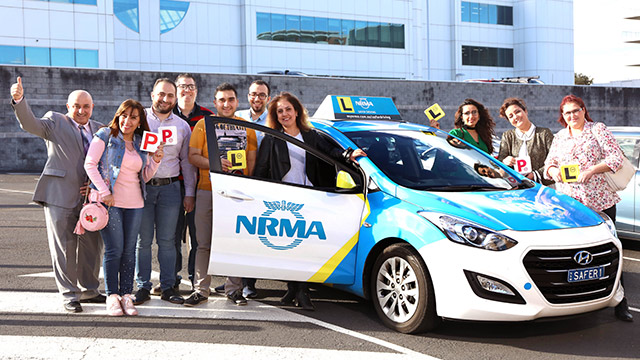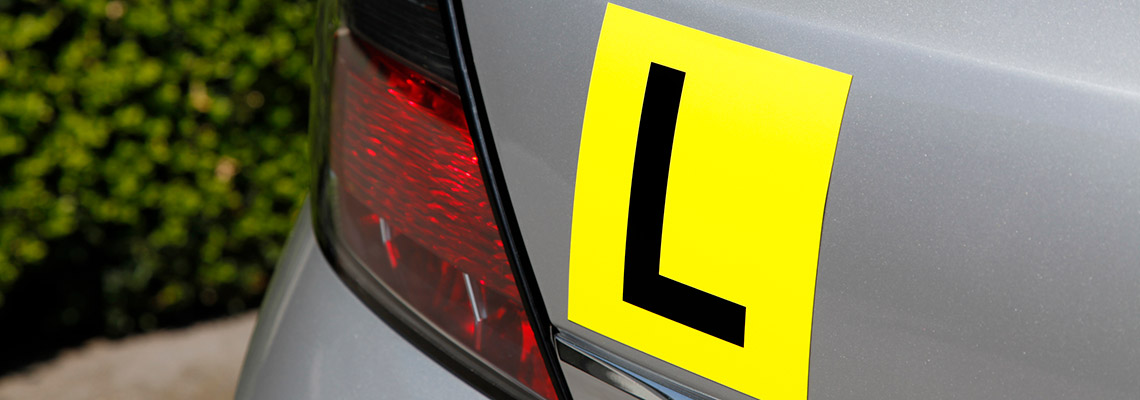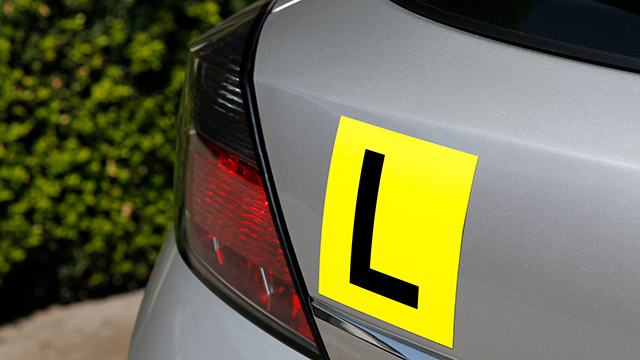
On 1 January 2020, a range of changes were implemented for learner and provisional drivers in the ACT.
The changes are designed to reduce the risk for new and young drivers who are over-represented in road crashes, and help them gain experience and confidence on the road in a staged way.
The ACT Government has acted on the NRMA's recommendation to deliver this positive policy outcome to help keep young people in the ACT safe.
What are the changes?
- Required driving hours for learners:
- If you are under 25 when you are issued with your learner licence, you must undertake a minimum of 100 supervised driving hours, including a minimum of 10 hours at night-time.
- If you are 25 or older when issued with your learner licence, you must undertake a minimum of 50 supervised hours, including a minimum of 5 hours at night-time.
- Introduction of a mandatory Hazard Perception Test.
- Introduction of a two staged provisional licence:
- A red P plate for the first 12 months (P1) with late night peer passenger restrictions
- A green P plate for the remaining 2 years (P2). However, if you are 25 or older when you are issued with your provisional licence, you will be a P2 for the entire 3-year provisional licence period.
- Reduced demerit point threshold for learner drivers from 12 points to 4 points.
- A provisional driver will no longer be able to increase their demerit point threshold or be exempt from displaying P-plates.
A total mobile device ban for all learner and provisional drivers commenced on 1 July 2019.
The NRMA is pleased to see the introduction of these measures that we put forward in June 2018 to help save young lives.
The NRMA has been a strong advocate for road safety for almost 100 years, and young driver safety is no exception.
We commend the ACT Government on improving the territory’s Graduated Licensing Scheme.
For more information - visit: http://www.justice.act.gov.au/safety_and_emergency/road_safety
Mobile phones and young drivers
People driving distracted by their phones is a growing and alarming risk; around one in 10 fatalities involve someone on their phone. Young people are particularly at risk and over represented in statistics; 41% of casualty crashes where phones were a factor involved drivers under the age of 26. The mobile phone ban for learner and provisional drivers brings the ACT in line with best practice.
The penalties for mobile phone use will be $589 and four demerit points for messaging, social media use, accessing applications and internet, and $480 and three demerit points for talking on a phone in hands-free speaker mode.
GPS-enabled devices can still be used under the new scheme, provided that the device is not being held by the driver and is programmed before the trip starts so that it requires no interaction during travel.
There is a similar exception for listening to audio such as music and podcasts.








